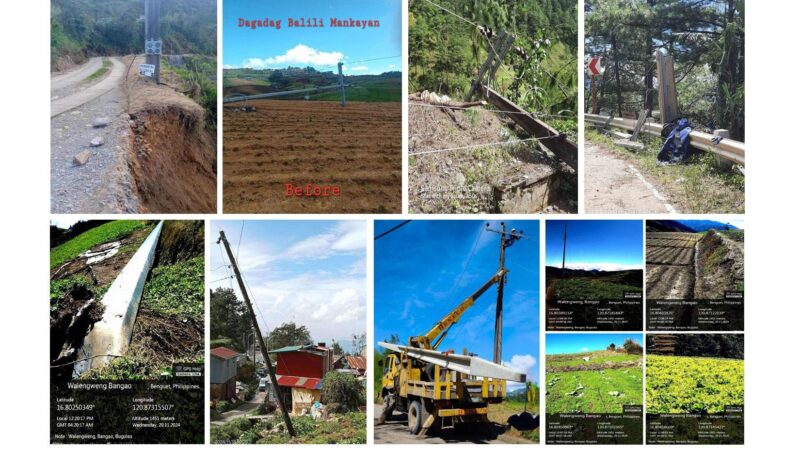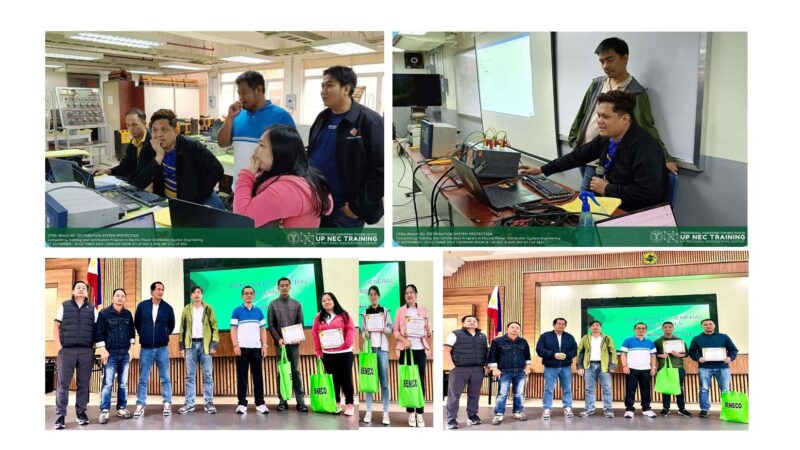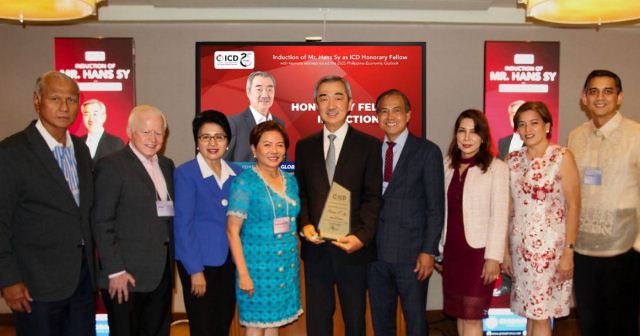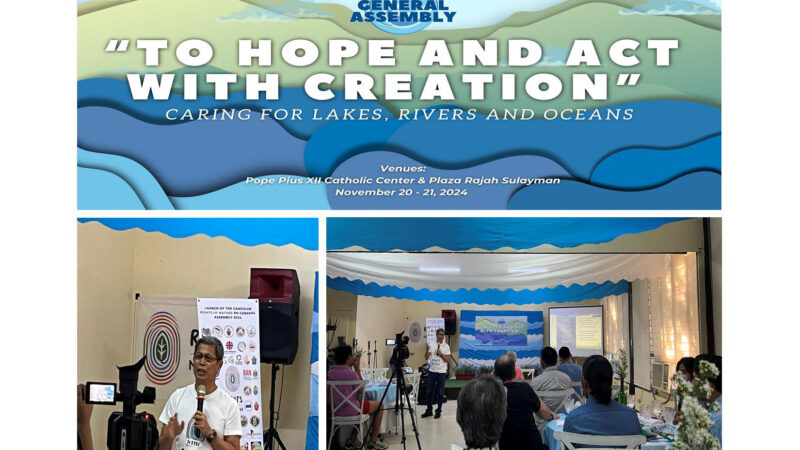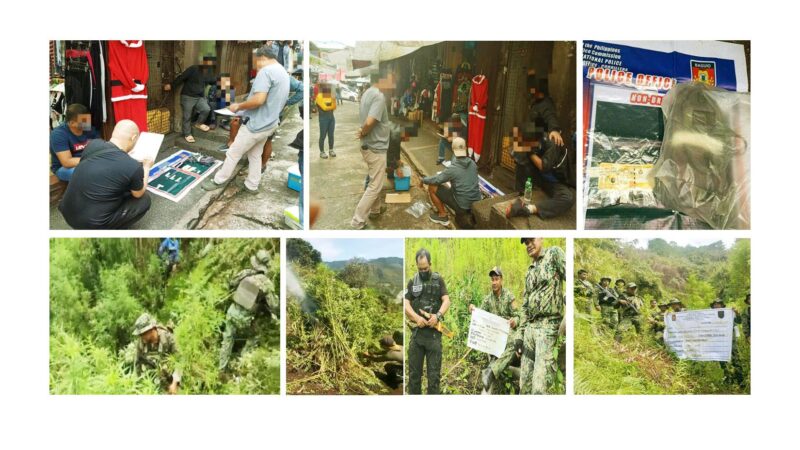PASCHR officers and NRCP Humanities Division prep for the 11th Culture, History and Religion Conference
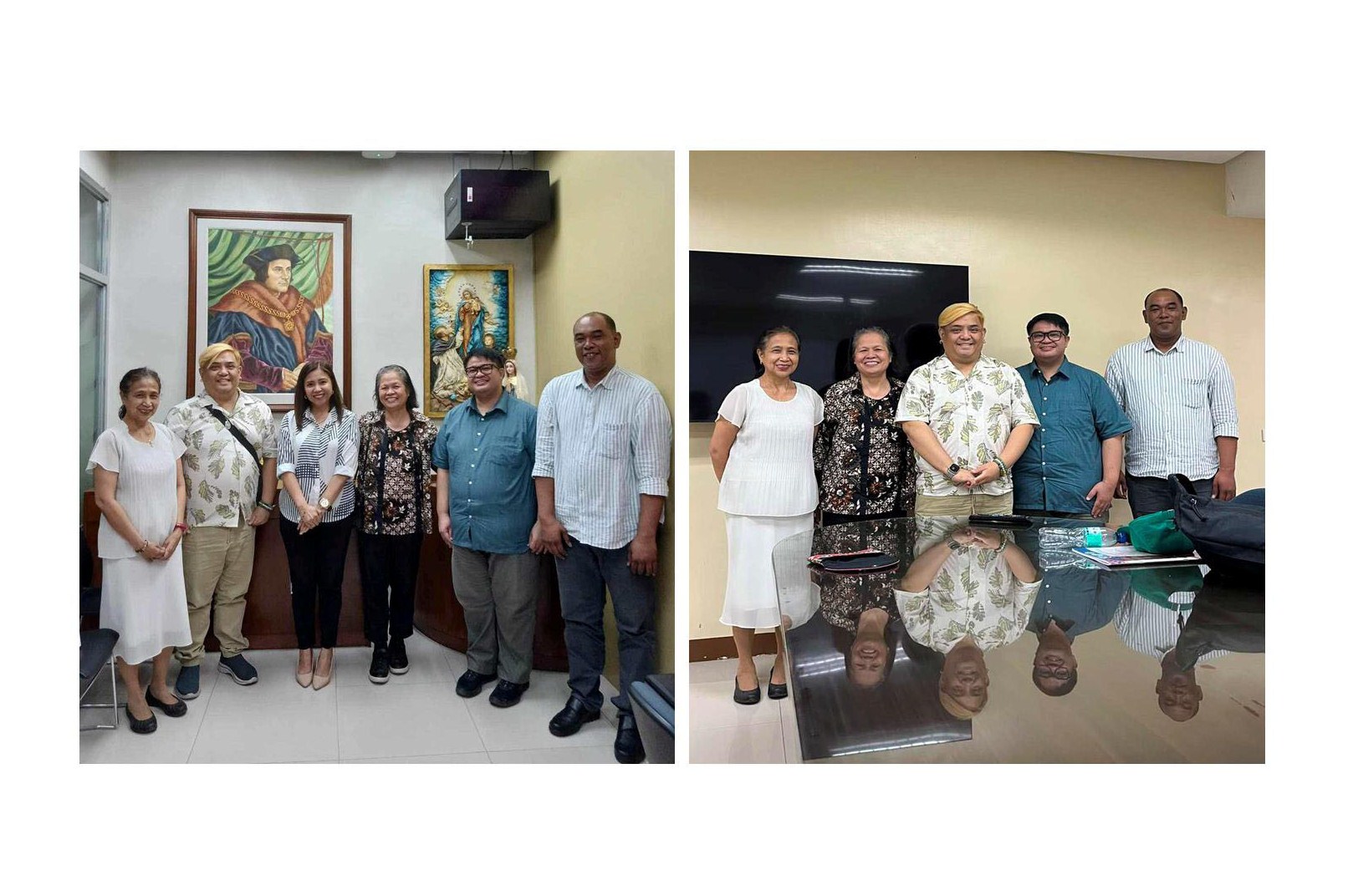
España, Manila – The Philippine Association for the Study of Culture, History, and Religion (PASCHR) had an exploratory meeting with the National Research Council of the Philippines (NRCP) Humanities Division last July 3 at the University of Santo Tomas.
PASCHR President Dr. Mark Tallara along with Vice President Dr. Felicidad Galang Pereña and deputy Secretary general and Central Visayas representative Dr. Bernabe Mijares Jr met with NRCP Humanities Division officers, Dr. Joyce Arriola, chair and Dr. Louie Jon Sanchez, vice chair.
Some of the discussion points during the exploratory meetings at the UST Faculty of Arts and Letters conference room are the following: collaboration between PASCHR and NRCP for the 11th conference tentatively slated early 2025; NRCP to co-organize day 2 as a clinic/ workshop for works in progress (particularly theses and dissertations); research agenda setting, methodology and ethics review; parallel sessions, round table discussions and colloquium with mentoring by invited NRCP research interest group; and memorandum of understanding to be drafted for approval by both parties.
The NRCP Humanities Chair expressed enthusiasm and looked forward to the next conference by PASCHR, “and thanks to the esteemed PASCHR officers for the sharing and insights. Looking forward to working with you.”
Meanwhile, the PASCHR vice president was also grateful to NRCP’s positive response during the exploratory meeting, “…guiding lights of the NRCP Humanities Division for this exploratory meeting. Thanks a lot to AB Dean Melanie Turingan for the encouragement to forge ahead with PASCHR’s plans.”
The 10th PASCHR international conference was hosted jointly by the De La Salle University, University of Santo Tomas, and Baliwag Polytechnic College last February 2024. PASCHR is affiliated with the International Association for the History of Religions (IAHR) under the auspices of the South and Southeast Asian Association for the Study of Culture and Religion (SSEASR). (PR)


